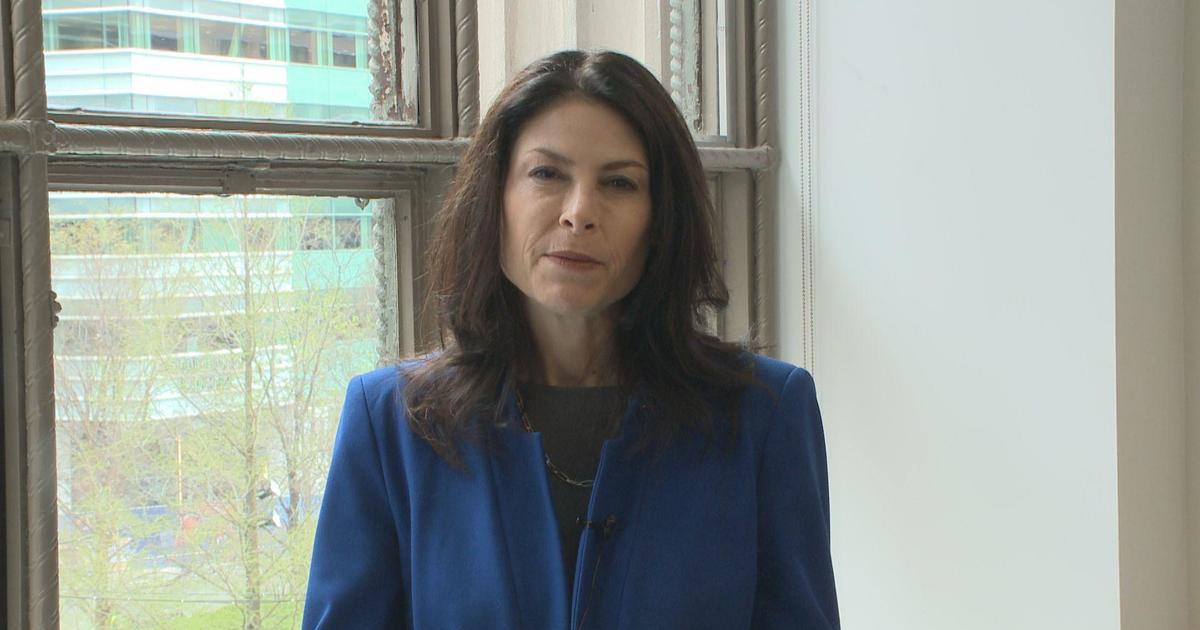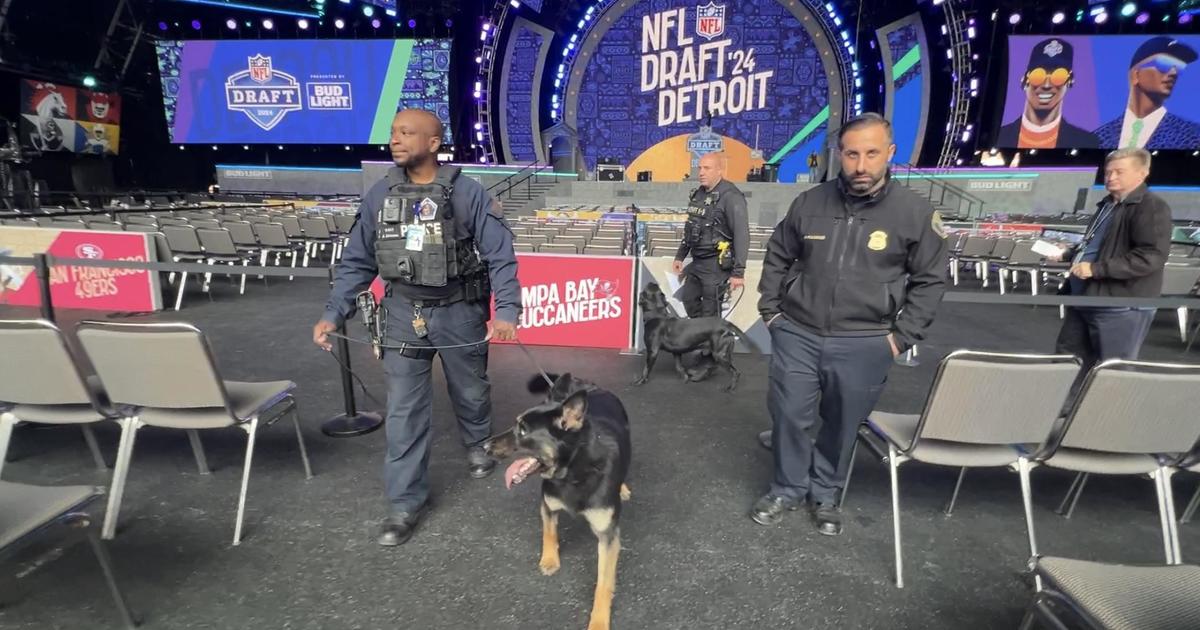AG Nessel Announces First 7 Proposals For Police Reform In Michigan
MICHIGAN (CBS DETROIT) – Michigan Attorney General Dana Nessel announced seven proposals Tuesday as part of a series of actions for police reform.
The proposals seek to increase transparency surrounding law enforcement agencies and ensure accountability from and for law enforcement officers.
In 2016, the Michigan Commission on Law Enforcement Standards (MCOLES) began requiring that law enforcement officers in the State of Michigan be licensed. But, in many respects, MCOLES lacks sufficient authority to oversee law enforcement professionals and to revoke the licenses of police officers who demonstrate poor moral character or violate the public trust.
The proposals aim to create oversight for law enforcement agencies and their officers similar to many of the professions and professional licenses required across the state, along with a comprehensive approach to evaluating misconduct complaints and imposing disciplinary actions by a single agency, MCOLES.
The proposals include:
- Authorizing MCOLES to suspend or revoke a license when an officer: (a) engages in conduct that adversely affects the ability and fitness of the police officer to perform his or her job duties; or (b) engages in conduct that is detrimental to the reputation, integrity or discipline of the police department where the police officer is employed.
- Mandating that law enforcement agencies maintain all disciplinary records of a police officer in his or her personnel file.
- Requiring MCOLES to create a statewide misconduct registry of verified claims that is accessible by the public.
- Amending the Public Employee Benefits Forfeiture Act (MCL 38.2701, et al.) so that officers forfeit their retirement benefits upon conviction of a felony related to misconduct while on duty.
- Mandating law enforcement agencies report use of force data, disaggregated by race, sex, disability, sexual orientation, gender identity, national origin, religion and age.
- Creating an independent investigative and prosecutorial process for deaths that involve the actions of law enforcement officers.
- Requiring continuing education for law enforcement officers as a license requirement; improving and standardizing police policies and trainings (including de-escalation, cultural competence and implicit bias trainings).

For more information, visit here.
© 2020 CBS Broadcasting Inc. All Rights Reserved. This material may not be published, broadcast, rewritten, or redistributed.



